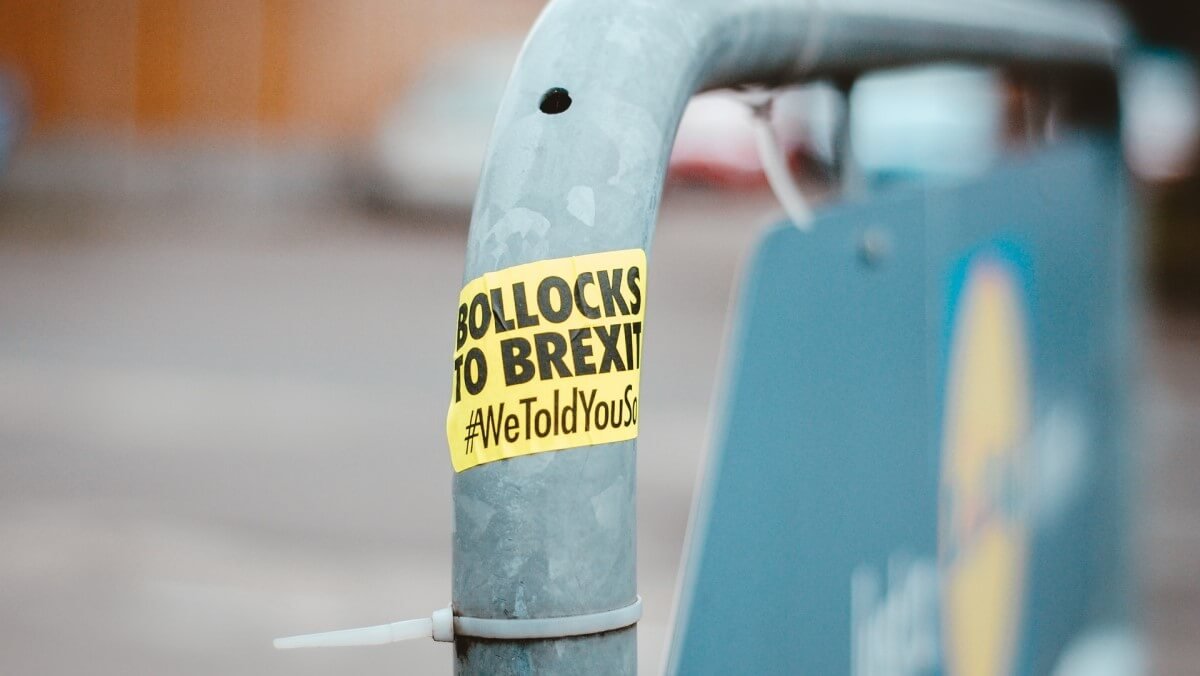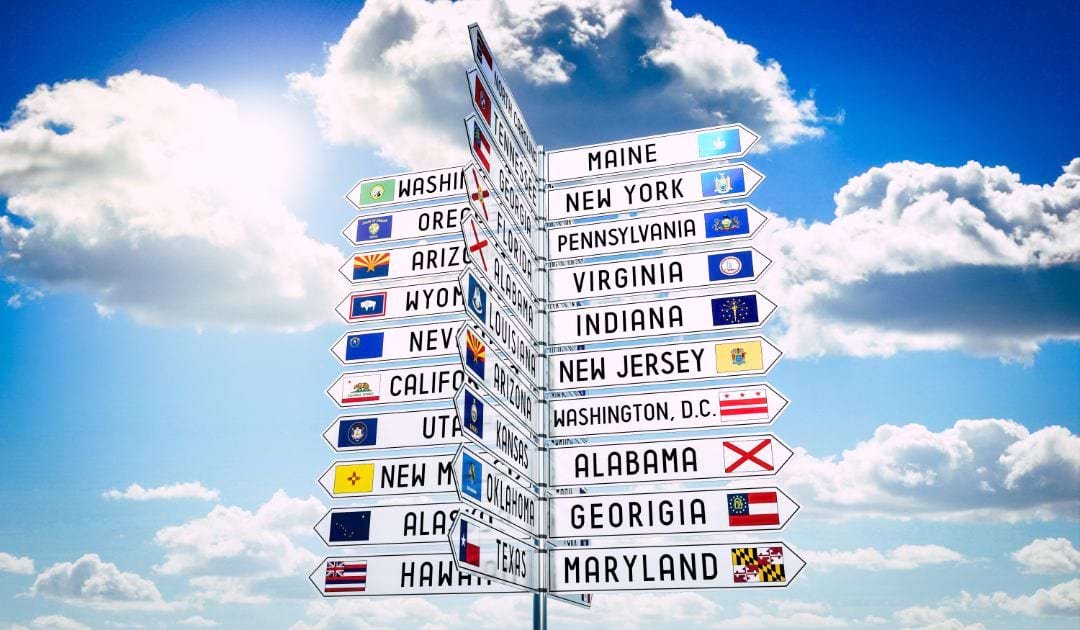

Travel Experts and French Politicians Blame Brexit for Queues at Dover Last Week
While the British side has blamed the border authorities in France for causing delays in border crossing for many travellers due to the absence of staff, travel experts, including British ones, have sided with the French, claiming that the delays are a result of Brexit.
“Brexit means we must do new controls. I have felt very sorry for the families, we like to welcome British tourists, and we want them to come easily to our beautiful places,” François Decoster, vice president of the Haute-de-France region, said regarding the queues formed at Dover.
He has even invited the United Kingdom to become part of Europe’s borderless Schengen Area, which consists of 26 countries, in order to avoid such nuisances for its citizens travelling to France.
“We have a few non-EU members who are members of Schengen, why don’t we explore such an idea?” he said, referring to Iceland, Norway, Lichtenstein, and Switzerland, all of which are non-EU Schengen members.
However, some Britons refuse to believe that the queues at France’s ports of entry are a result of Brexit, claiming that since the UK was never part of the Schengen Area, the controls have always existed but have not been a problem like now.
“But we were not in the Schengen agreement [before Brexit], so it’s exactly the same system [of border controls], and the French apparently are not putting enough staff on exactly the same system,” British journalist Andrew Pierce said regarding the issue at the Good Morning Britain, during which travel expert Simon Calder was explaining why the queues were happening.
Calder responded to Pierce, highlighting that though the controls have always existed, now they work differently, as UK nationals “can no longer just waive their passports to the border officers.”
He went on to further explain that now the officers need to check whether these passports are valid and if the traveller has stayed in the EU for more than 90 days in the last 180 days, amongst others, noting that all these rules had been devised and built in with the help of the UK authorities, while the country was still part of the EU.
“They have to stamp it. They’re supposed to check that you haven’t had too many journeys to European Union 90 days in any 100 days. Andrew, they need to ask you whether or not you’ve got enough money for your stay and whether you’ve got a return ticket,” further noting that this is what British citizens voted for in the 2016 referendum.
On Monday, July 25, a notice was published on the official website of the Port of Dover claiming that traffic was back to normal with local roads operating normally. In a statement issued previously, on July 24, the CEO of the Port of Dover, Doug Bannister had thanked both countries for their contribution to restoring the situation to normal.
In addition to passport checks, starting from May 2023, British citizens will be obliged to also present their ETIAS travel authorisations when entering any of the EU and Schengen countries. The same will be valid for a period of three years at first and then will be issued for longer periods.


















